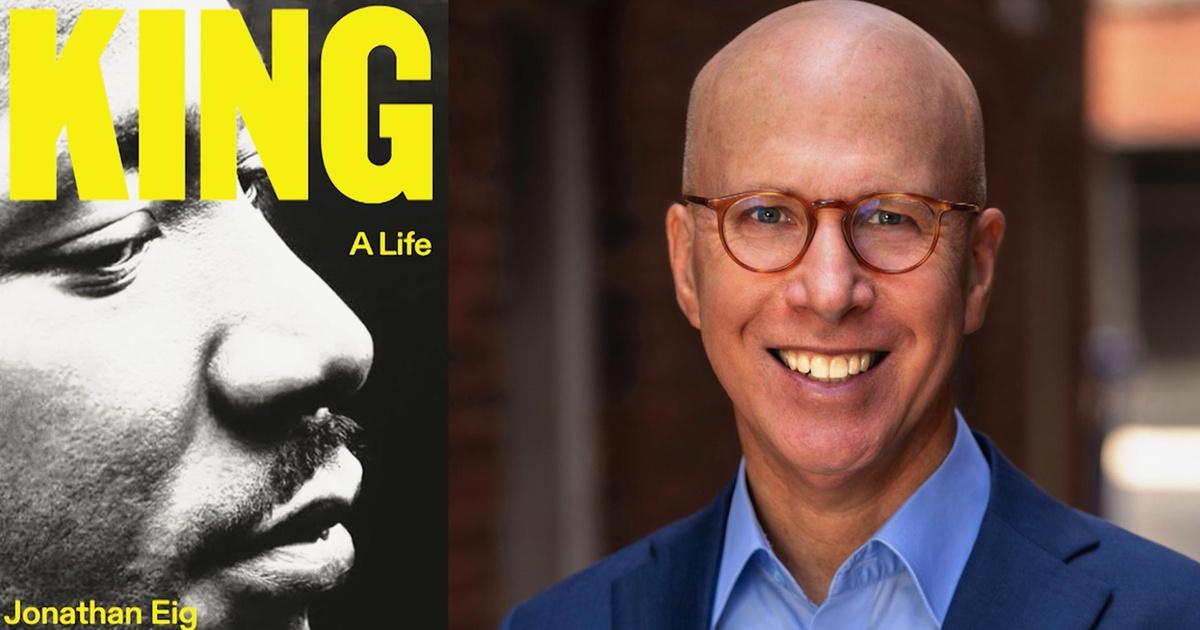
- Select a language for the TTS:
- UK English Female
- UK English Male
- US English Female
- US English Male
- Australian Female
- Australian Male
- Language selected: (auto detect) - EN
Play all audios:
NEW YORK — H. Carl McCall, who briefly led the New York Stock Exchange after the ouster of Chairman Richard Grasso, unexpectedly resigned from the NYSE board Thursday, saying he wanted to
let incoming interim Chairman John S. Reed “move forward without being encumbered by the past.” McCall is the first board member to step down since Grasso resigned under pressure Sept. 17. A
former New York state comptroller and unsuccessful Democratic candidate for governor, McCall got caught in the storm of public outrage sparked by the NYSE’s disclosure in late August of
Grasso’s $139.5-million pay package. Particularly damaging was McCall’s admission that he was surprised by the subsequent revelation that Grasso was owed an additional $48 million under a
new contract extension -- even though McCall’s signature was on the 24-page contract. McCall initially defended Grasso but ultimately sided with the majority in the NYSE board’s 13-7 vote to
seek his resignation. Critics inside and outside the NYSE have continued to call for the removal of the entire board. “McCall has taken a lot of flak,” one person close to the board said
Thursday night. “Why stay on as a human shield?” McCall did not return a call for comment Thursday. In a letter to Reed released by the NYSE on Thursday evening, McCall said he would stay on
through Monday, the former Citigroup Inc. executive’s first day on the job. Along with Leon E. Panetta, a former White House chief of staff in the Clinton administration, McCall headed a
special NYSE committee charged with preparing a report to the SEC on corporate governance reforms at the Big Board. McCall said in his letter that he would attend the panel’s next meeting
Monday. He also said he hoped the committee’s final recommendations would include greater representation of investors on the NYSE board; an annual election and evaluation of directors;
limiting membership on the board’s nominating and compensation committees to independent directors; and investigating ways of separating the NYSE’s business and regulatory functions. “What
we have learned in the past few weeks is that disclosure is a good thing and should be done consistently and continually,” McCall added in his letter. Charles Elson, director of the
University of Delaware’s John L. Weinberg Center for Corporate Governance, said “it’s sad” what happened to McCall. “He’s someone who was known as a supporter of progressive governance
reform, and it’s too bad to see him get swept up in this.” Public pension officials, including those representing California’s biggest state pension funds, were among the loudest critics of
Grasso’s compensation. Sean Harrigan, president of the California Public Employees’ Retirement System, said he was surprised by McCall’s abrupt resignation. “I guess [McCall] felt, after
being a strong advocate for change, that at this point in the evolutionary process of change at the NYSE, he thought the best example of board leadership was to step down,” Harrigan said in
a statement. “Other board members should think about the decision he made and decide for themselves what is their best individual course of action.” NYSE director and former Secretary of
State Madeleine K. Albright said in a statement that McCall “deserves credit for providing critical leadership that resulted in the appointment of John Reed as interim chairman and ensuring
ongoing day-to-day operations of the exchange during a difficult time.” Henry M. Paulson Jr., chairman of Goldman Sachs Group Inc., said through spokesman Lucas van Praag that he intended to
stay on the board long enough for the governance committee report to be completed and “to support Reed during his transition.” Paulson last week said that after a transition, the NYSE board
ought to be reconstituted to bar members from the brokerage industry or from companies whose stock trades on the NYSE. Reed this week said he favored cutting the board’s membership to 10 or
12 people from its current 27. Kenneth G. Langone, another NYSE director who headed the NYSE compensation committee when it awarded Grasso’s most lavish contracts, does not plan to resign
from the board, his assistant Pam Goldman told Bloomberg News. Langone is a co-founder of Home Depot Inc. and, along with Grasso, serves on its board. MORE TO READ







